“So, now close your eyes and imagine we have arrived at the year 2030. What does Africa’s education now look like?” invited our facilitator, Dzingai Mutumbuka. My imagination wanders, and I see Africa’s children running around the school, happy, and fulfilled. The story of the 30 million not attending school and the four-fifths attending without learning is long past. Africa’s graduates are the most sought-after in the global innovation market. Teachers now walk with their heads high, skilled, esteemed, and actualized. Children now complete school on time, healthy, knowledgeable, and well-prepared to thrive in the dynamic world. When I open my eyes and find myself in the seminar room of a hotel in Saly, Senegal. We are here representing our education ministries and organizations to develop strategy for the Inter-Country Quality Node (ICQN) on Teaching and Learning and the Network for African Learning Assessments (NALA), formerly the African Learning Champions under the Learning Metrics Task Force (LMTF).
I realized though that my dream is neither outrageous nor too far-fetched. In fact, it aligns well with the Sustainable Development Goal 4 on achieving inclusive and equitable quality education and lifelong learning for all. Furthermore, it’s my vision that the Continental Education Strategy for Africa 2016-2025 (CESA 16-25) will reorient Africa’s education to “meet the knowledge, competencies, skills, innovation, and creativity required to nurture African core values and promote sustainable development.” What’s more, this meeting is noteworthy because just a few years ago it would have been unimaginable that representatives of civil society organizations such as Twaweza East Africa and COSYDEP would sit with education ministries to lay down a strategy. But, although it is now clearer what we want to achieve for African education, we struggle with a key question: How will learning assessments contribute to teaching reforms so that we achieve the desired learning outcomes for our children?
Exit LMTF, enter NALA?
The Network for African Learning Assessments (NALA) concept was finalized during final the LMTF meeting in February 2016 in Livingstone, Zambia. The Learning Metrics Task Force had largely achieved its ambitious goal of identifying and developing the key learning domains and how to measure them. Now, Africa needed to kick off real work in the application of these metrics. Six learning champion countries in the Africa region were identified to cut the paths for this course: Ethiopia, Kenya, Rwanda, Senegal, Tunisia, and Zambia. The Association for the Development of Education in Africa (ADEA) took over the leadership of this initiative and invited in two more countries, Burkina Faso and Cote D’Ivoire.
With six ADEA inter-country quality nodes (ICQNs) already running and hosted by the different countries, the pathway for change between learning assessments and the improvement of teaching and learning has not been fully designed. In Saly meeting, we achieved full clarity on the relationship between the ICQNs on Teaching and Learning hosted by Rwanda and the NALA co-hosted by Zambia (Anglophone) and Senegal (Francophone). Each of these countries will establish a governance and coordination mechanism assuring the participation of other learning champions, including members from the civil society. ADEA retains the roles of capacity enhancement, budget support, and technical development, in collaboration with other partners.
What will the ICQN and NALA achieve?
It is agreed that the ICQN will focus on addressing issues of teacher recruitment, training, deployment, evaluation and continuous professional development while NALA will experiment with new approaches to learning assessment in their own countries. These will cover all the three critical levels of classroom, school, and system. Individual country experiences will be carefully documented to inform the continental and global education dialogue. NALA’s Anglophone coordinator Angel Kaliminwa observed, “We wish to use NALA to revitalize assessments of learning in Zambia, but also promote the learning from each other, while carrying every country along.” He added that while we were meeting in Saly a team from Zambia (Ministry of General Education and the Campaign for Female Education) were learning from the Uwezo assessment in Kenya. Support had already been secured from Dubai Cares, a philanthropic foundation, to pilot an elaborate assessment of learning in Zambia in 2016. Our meeting also recalled the difference a qualified and motivated teacher brings to the learner, a justification for teachers being the number one priority in CESA 16-25.
In Saly, six strategic priorities were identified for the next five years:
- Conducting an audit to ascertain the skills, data, and tools available on teaching and learning assessment in each country.
- Inducing greater use of the learning assessment evidence to inform policy and improve practice (and specifically targeting teachers to improve teaching and learning practices).
- Using information and communications technology to improve the quality and quantity of teaching and learning assessments.
- Maximizing the use of existing institutions on learning assessment while looking at the future establishment of an African institute to provide leadership and coordination of Africa’s learning assessments.
- Enhancing networks and platforms for the sharing of skills, data, and tools on teaching and learning assessments.
- Documenting, monitoring, and evaluating progress.
These strategic objectives will build synergy from member countries to ensure that the various learning assessments are effectively coordinated and evidence is shared and sharply targeted to improve teaching and learning.
Leveraging on available resources
Fortunately we are not starting from the scratch. We acknowledged that much experience has been already accumulated on how to achieve quality data through learning assessments. The CONFEMEN program for the Analysis of Education Systems (PASEC) has conducted various assessments in Francophone Africa, same as the Southern and Eastern Africa Consortium for Monitoring Education Quality (SACMEQ). We agreed that these two regional assessments will be better coordinated to share data and harmonize tools and processes for greater comparability of results to tell a bigger story.
We further noted that Citizen-led Assessments are making great contributions to both the independent monitoring of learning and the ability to complement the story of school-based assessments in bringing to focus even children not enrolled or attending school. With this came the greater promise, that through the People’s Action for Learning Network, these assessments would share skills and other resources to the achievement of the ICQN’s and NALA’s vision.
At the global level, NALA will learn from the ongoing work by other learning champions in other continents. In Canada, for example, the work already started by People for Education’s Measuring What Matters will be a useful resource. Already, various teams and individuals have gone ahead to think through how to interpret and assess the various competences of citizenship, creativity, mental and physical health, social-emotional learning, and quality learning environments. Similarly, the Assessment for Learning initiative, approved this month at the Global Partnership for Education board meeting in Oslo, offers great insights and hope for support of both the ICQN and NALA’s work over the next years. At the same time, connecting to Brookings Skills for a Changing World project will be pretty useful in inspiring new frontiers for learning and its measurement.
When I returned to my home in Kenya, my hope was renewed and I felt energized. I look forward not so much to the next ICQN and NALA meeting, but to the outcome that this connection and common purpose will deliver in getting us to work together to fulfill the promise to Africa’s children. Truly, if the findings of Uwezo and the other learning assessments can be appreciated more, and used to inform policy and practice, Africa will make faster progress in ensuring that all our children attend school and learn.
The Brookings Institution is committed to quality, independence, and impact.
We are supported by a diverse array of funders. In line with our values and policies, each Brookings publication represents the sole views of its author(s).
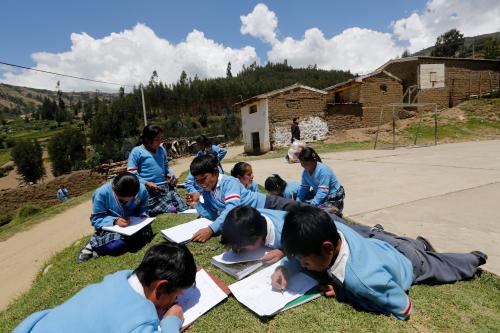
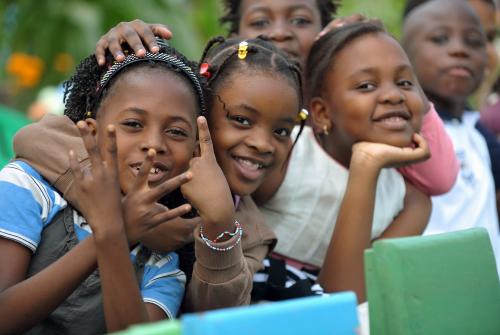

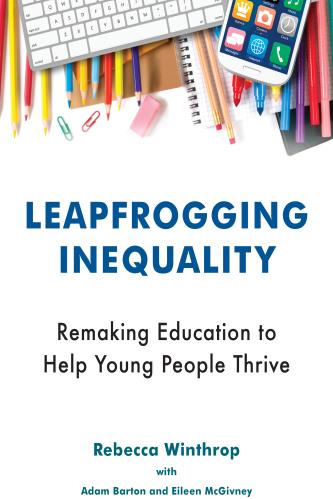
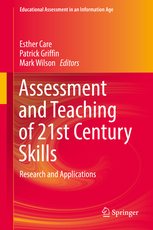
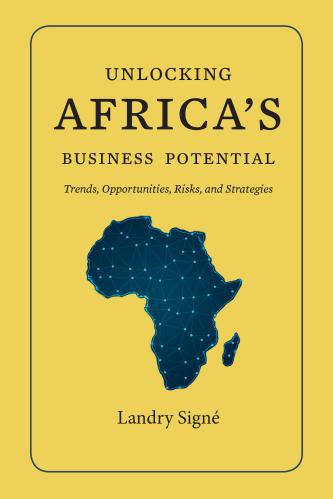
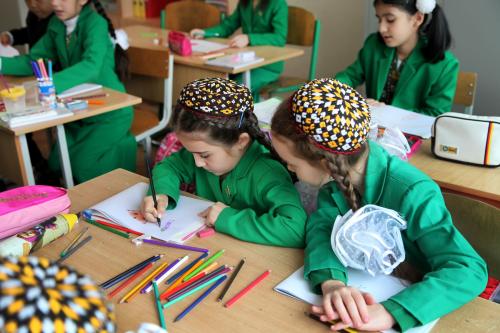
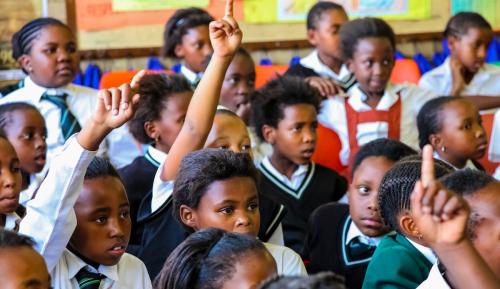
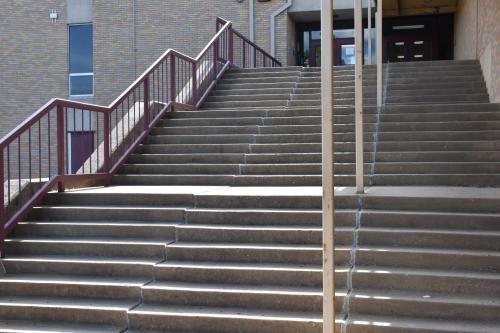
Commentary
Welcoming two new initiatives to accelerate quality teaching and learning in Africa
June 30, 2016